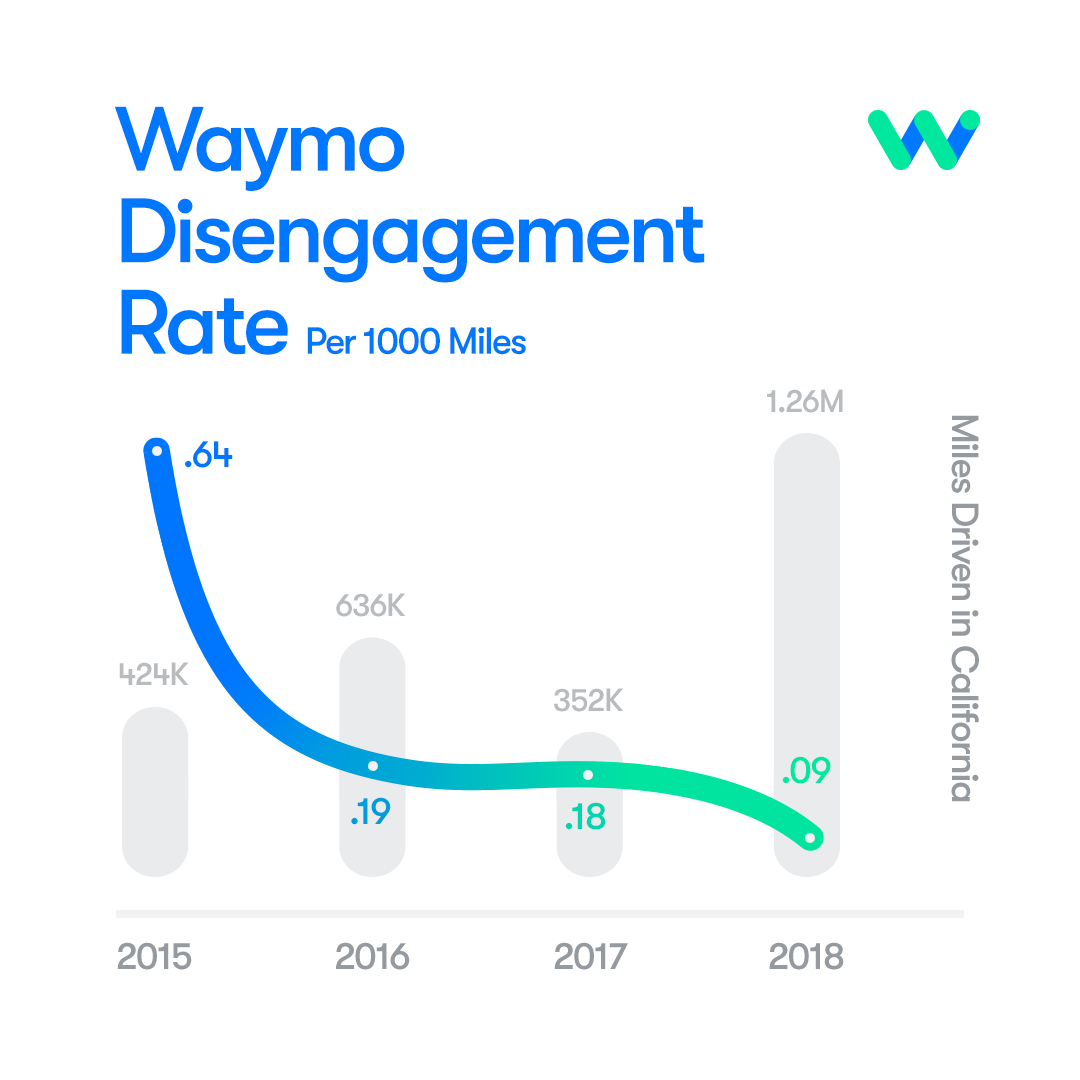2daMoon
Mostly Harmless
This is a superb example of absence of critical thinking. Reducing price on FSD is really a waste. It could and should be a Premium feature. Reducing the price of a fundamentally revolutionary product actually diminishes the perceived value. The idiotic idea that a revolutionary product is linearly price sensitive is simply a foolish waste of revenue. I am appalled! Allowing transferability was a great idea, incentivizing without diminishing value. Flat out price reductions? In a word: WRONG!
Tesla could have taken advice from Bernard Arnault but instead is turning to Juan Ricardo Luciano or, even worse Crazy Eddie.
This one is the most value-destructive decision yet. Made because idiots equated FSD, the Premium Producr of decades, with a commodity.
With this latest move I am shocked! There is no coming back from this one…
From a first principles perspective it seems to me they want more training data, and offering free FSD trials and reduced purchase and subscriptions to FSD is about increasing the number of disengagement data points they can harvest for solving edge cases.
It has not seemed to me this is something being done to increase sales so much as to increase data collection rates. Tesla folk have alluded to how they can comfortably process more data now than ever before. Price drop followed this announcement.
The sale pricing may very well be about getting to full autonomy sooner. Once the goals are achieved they can price FSD at what the market will bear.
Last edited:



